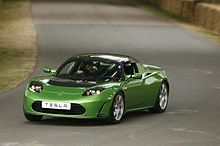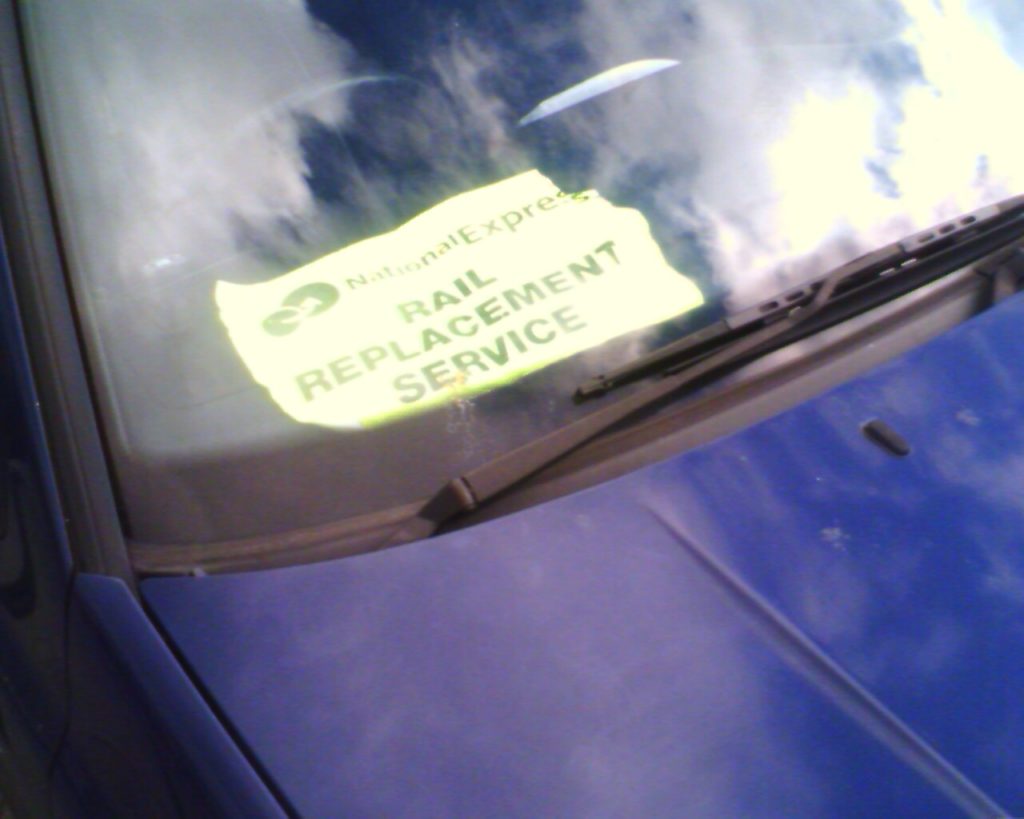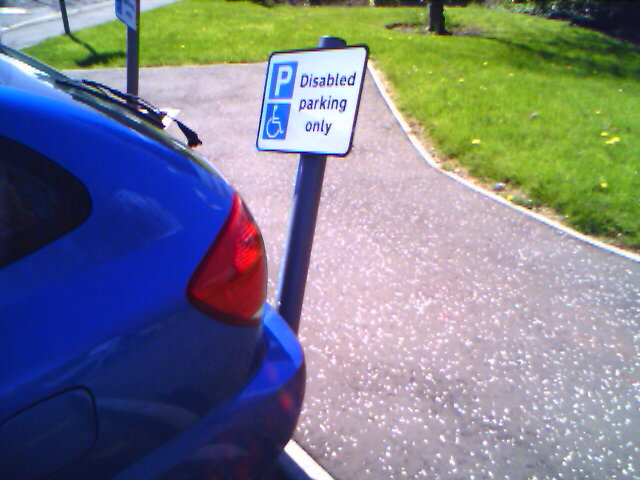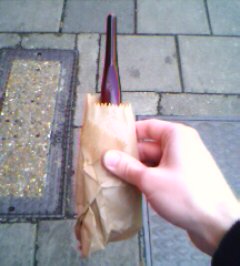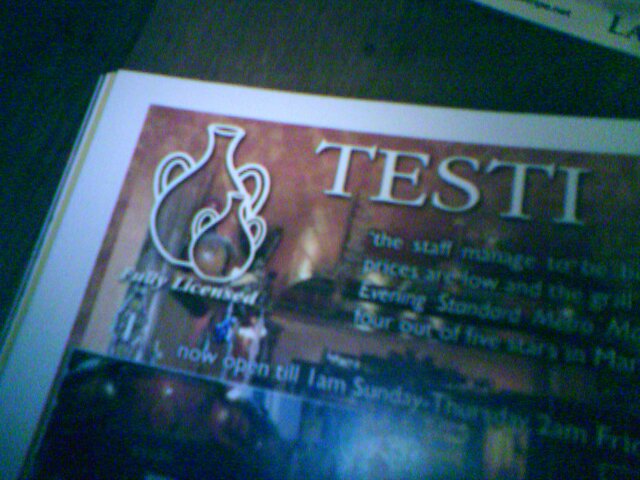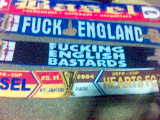I’ve often wondered how successfully one could choose a car by looking purely at numbers, and nothing else. So, without further ado, here’s my list of the best road cars to drive on a race track, as declared by my spreadsheet.
| Position | Car |
1st |
|
2nd |
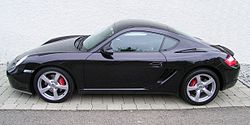 Porsche Cayman R |
3rd |
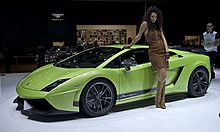 Lamborghini Gallardo Coupe LP 570-4 Superleggera |
4th |
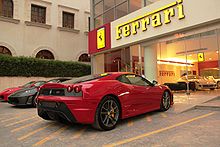 Ferrari 430 Scuderia |
5th |
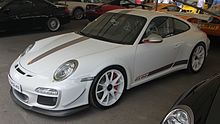 Porsche 911 GT3 RS 4.0 Coupe |
6th |
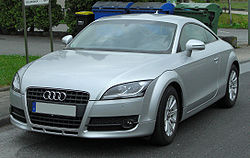 Audi TT Coupe |
7th |
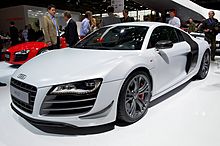 Audi R8 GT |
8th |
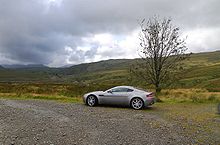 Aston Martin V8 Vantage S Coupé |
9th |
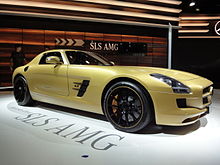 Mercedes-Benz SLS AMG |
10th |
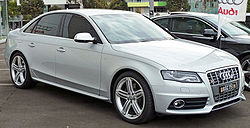 Audi S4 Sedan 3.0 |
Okay, there you go. That’s that decided. Now, should you be interested, here’s how I got to this list.
- I downloaded the textfile version of Freebase’s automotive data
- I loaded it into Excel. I am now looking at 23, 812 cars
- I filtered out all the automatic transmissions – down to 6392 cars (presumably this data is somewhat skewed towards America)
- I filtered out the front-wheel drive cars – down to 5312
- I filtered for 0-60 times of less than 6 seconds – down to 355
- I took the lightest ten by curb weight
Here’s the list I had at this point:
2010 Tesla Roadster Sport 2010 Tesla Roadster 2011 Tesla Roadster Sport 2.5 2011 Tesla Roadster 2.5 2011 Porsche Boxster Spyder 2011 Porsche Cayman R 2011 Porsche Boxster Spyder AT 2011 Porsche Cayman R AT 2011 Porsche Cayman 2011 Porsche Boxster
The list is actually fairly reasonable, although unfortunately it’s not very exciting, because it only contains cars from two manufacturers, and a limited set of models at that. So for each car model we’ll take only the lightest, because they make the best racing cars anyway. This cuts my list down to:
2010 Tesla Roadster Sport 2011 Porsche Boxster Spyder 2011 Porsche Cayman R 2011 Lamborghini Gallardo Coupe LP 570-4 Superleggera 2008 Ferrari 430 Scuderia 2011 Porsche 911 GT3 RS 4.0 Coupe 2012 Audi TT Coupe 2011 Porsche 911 Carrera 4 Cabriolet 2012 Audi R8 GT 2010 Nissan 370Z Roadster
The only problem with this new list is the presence of the convertibles. Without trying to get into mud-slinging here, it’s a fairly well-established fact that convertibles don’t have great structural rigidity and so the hardtop version of a given car will normally race better than the convertible. It’s certainly true that when a car has both convertible and hardtop versions, the manufacturer does not tend to race the convertible. Fortunately there are no rag-tops here without a hardtop equivalent, so I didn’t feel too guilty when I filtered out the convertibles manually, leaving me the list at the top of the article.
Obviously this system of selecting cars isn’t perfect, but there are a few caveats beyond even that in this specific data set. The Freebase database has hardly any weights for cars more than two or three years old, and the acceleration figures are missing for many. I’d love to have included some other factors (lap times; weight distribution; price) but these things aren’t present in the data set.
The exercise did teach me a few things, though. First off, Aston Martins and AMGs aren’t quite as fat as I thought they were, and neither is the Tesla roadster, despite all those batteries. Next was the heavy presence of Audis, which aren’t really known as especially wonderful track cars, and the entire lack of BMW, which are (the M3 fell just short of the top ten). And the complete lack of my own car (but hey, maybe this shows I’m unbiased).
If you fancy, download my spreadsheet and choose your own selections!
Ah well. It turns out there’s more to cars than numbers. But you knew that.

